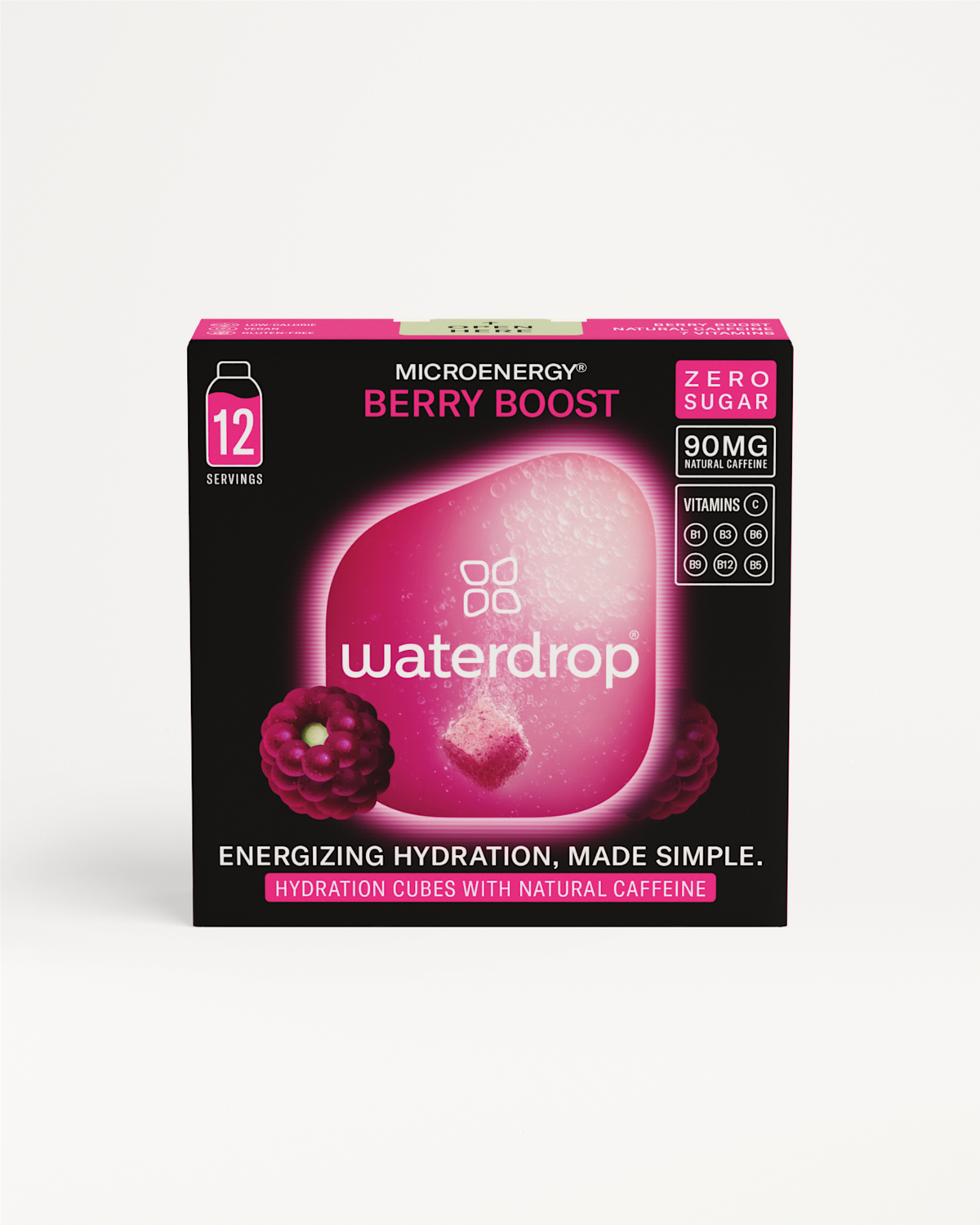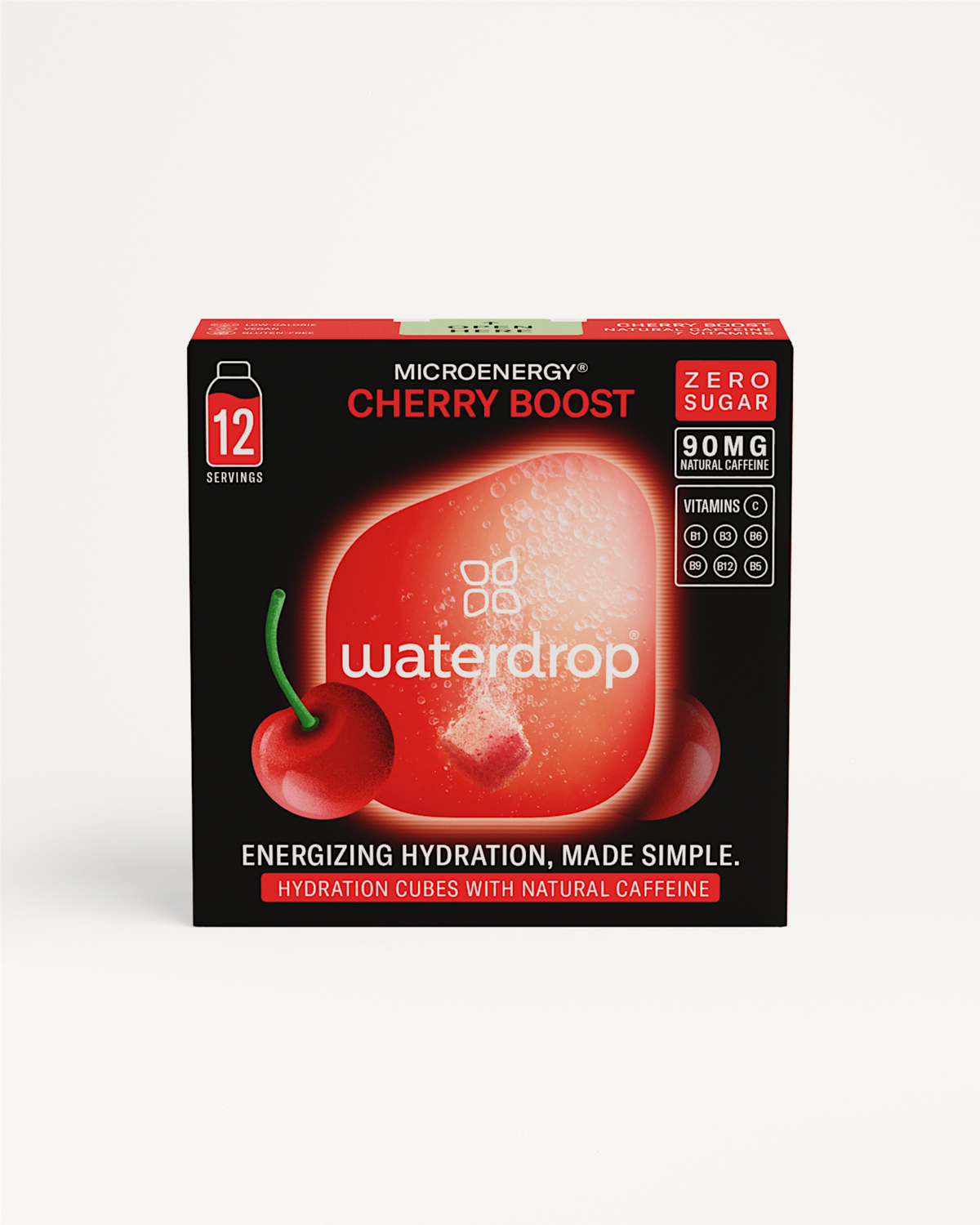In an era of email, social media and instant messaging, we have trained ourselves to do several things at once – fast-paced living at its finest. But amidst the noise of day-to-day routines, the importance of finding calm, and above all focus, is crucial. One approach to steering your day in a positive and controlled direction is that of a morning routine; and as discussed in this article, the profound impact it has on an individual’s overall wellbeing. Plus, rise and shine with dedicated support on crafting a personalised routine – that you’ll stick to.
Behind The Routine

Boosting Mental and Physical Wellbeing
Prolific evidence underscores the correlation between intentional morning activities and improved mental and physical health (Lee, 2017). From optimising your wake-up time (Spall and Xander, 2018) to engaging in practices, such as mindfulness, stretching or a brief workout, such routines have been proven to elevate mood, boost energy, and assert focus throughout the day.
Positive Impact on Productivity
Beyond its influence on wellbeing, evidence constitutes a positive relation between time and practice (Shove et al., 2009), in that allocating time for routine and engagement increases overall production. From providing structure to sharpening focus, efficiency first thing in the morning sets a benchmark for the day ahead.
Building A Morning Routine

Personalised Ideas
Crafting a morning routine is a personal journey tailored to individual preferences, lifestyles, and most importantly, the things you want to do or achieve. Here’s some inspiration towards an intentional start to the day:
The key approach here is to start a morning routine that is considered, yet manageable. Integrating a new habit begins with not only commitment, but gradual change – it’s about the quality of what you do, rather than managing unrealistic practices that are and will be short-lived.
Breakfast literally “means ‘breaking the fast’, or starting the day with nutrition and fuel” (BDA 2023), hence the emphasis on starting the day with something to eat. Planning is key: from the where to the when, to most importantly, the what, a balanced breakfast is a sensible choice to sustain energy and focus throughout the day.
Following a good night’s sleep, wake up and look to doing something that you genuinely enjoy, regardless of how big or small it is. Yes, it means taking a moment of pause, but this personal time fosters focus, positivity, and a considered approach to leading a fulfilling day (Kogan, 2014). Be the morning person you want to be!
Coffee is a commonplace practice that is as visible in our communities as it is our homes, and is among “the most widely consumed [...] active beverages” (Bae et al. 2014). Incorporating a cup of coffee into your morning routine is a simple way to facilitate a moment of focus to reflect, think, and enhance overall efficiency. Routines don’t have to be complicated.
Challenge Accepted

Conquer The Challenge
While the benefits of morning routines are profound, as already discussed, establishing and maintaining them can present challenges. Here are some examples and how to snooze them:
The biggest mistake is staying in bed beyond your alarm – your morning routine should start before you get up. Experiment with time and set an alarm at a time that is realistic, but still gives you enough time to start the day by doing something you want.
Break the habit of aimlessly scrolling through social media first thing in the morning by setting designated check-in times throughout the day. With evidence continuing to suggest that social media, in particular, is diminishing levels of concentration (Hari, 2022) and adverse effects on focus and productivity due to its ease and availability, reclaim your headspace by swapping screen time for, well, you time.
You’ve finished work and the weekend is here – so, what do you do? That’s right, your routine is most likely to change, but it doesn’t have to. Maintain them as much as you can into the weekend in order to make a short-term change into a lasting habit. If you’re struggling, streamline a bit, but keep the structure and motivation.
Like life in general, there isn’t a one-size-fits-all solution to creating and maintaining a routine of any sort. The key to making change or in this case, forming a routine, is that of finding the need to do it, and allowing yourself the space and time to do what you want. Start small, remain consistent, and observe the positive impact it makes.
Easy does it, we’ve got you!
Sources
¹ Lee, Kat (2017) Hello Mornings: How to Build a Grace-Filled, Life-Giving Morning Routine. Nashville: W Publishing Group
² Spall, Benjamin and Xander, Michael (2018) My Morning Routine: How Successful People Start Every Day Inspired. London: Penguin
³ Shove, Elizabeth, Trentmann, Frank, Wilk, Richard (ed.) (2009) Time, Consumption and Everyday Life: Practice, Materiality and Culture. London: Routledge
⁴ The British Dietetic Association (2023) ‘Healthy Breakfast’: https://www.bda.uk.com/resource/healthy-breakfast.html [accessed 19/01/2024]
⁵ Kogan, Nataly (2014) ‘5 Scientifically Proven Ways to Be Happier at Work’ (TIME Magazine): https://time.com/3589837/5-scientifically-proven-ways-to-be-happier-at-work/ [accessed 18/01/2024]
⁶ Bae, Jae-Hoon, Park, Jae-Hyung, Im, Seung-Soon, Song, Dae-Kyu (2014) ‘Coffee and health’, Integrative Medicine Research, Volume 3 (Issue 4), Pages 189-191.
⁷ Hari, Johann (2022) ‘Your attention didn’t collapse. It was stolen’, The Guardian: https://www.theguardian.com/science/2022/jan/02/attention-span-focus-screens-apps-smartphones-social-media [accessed 19/01/2024]



































